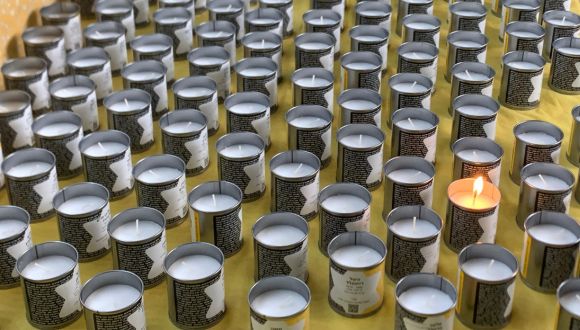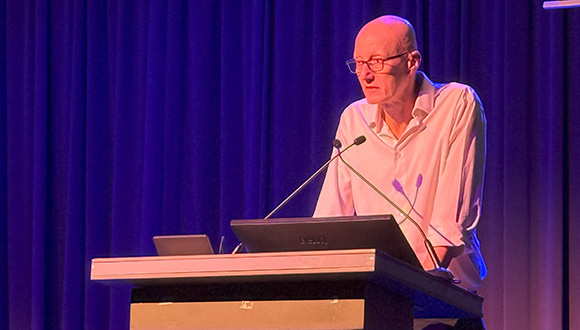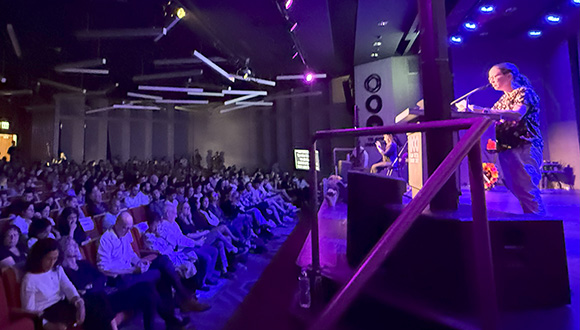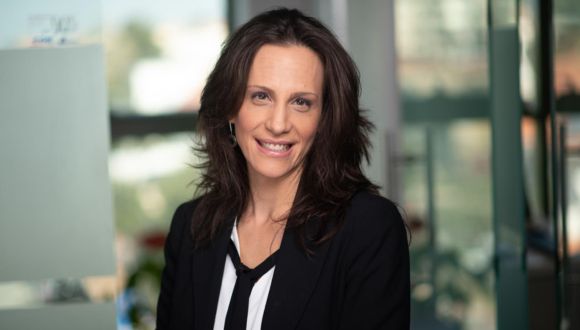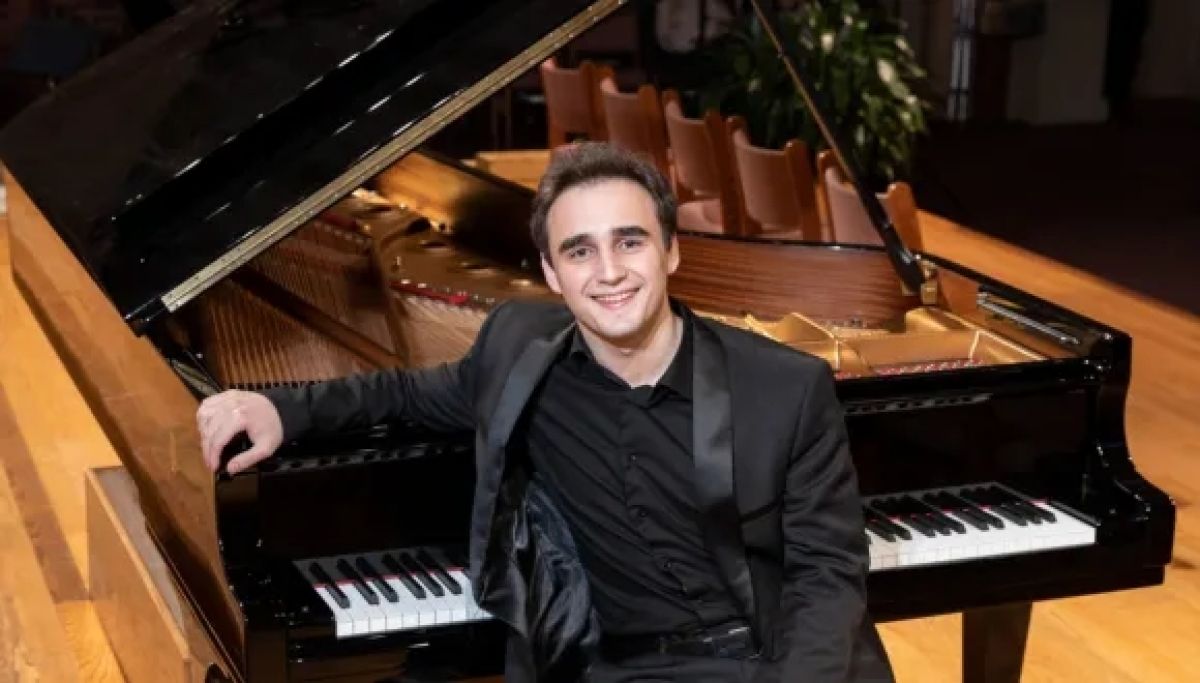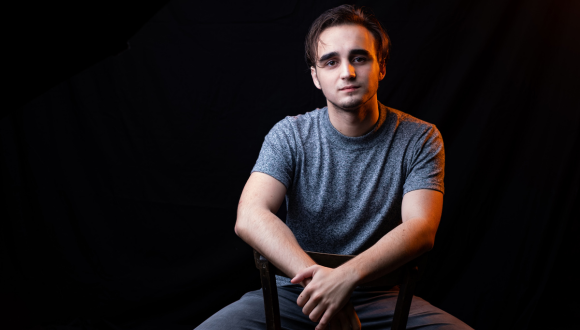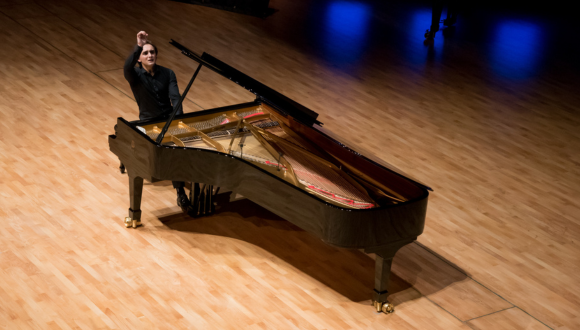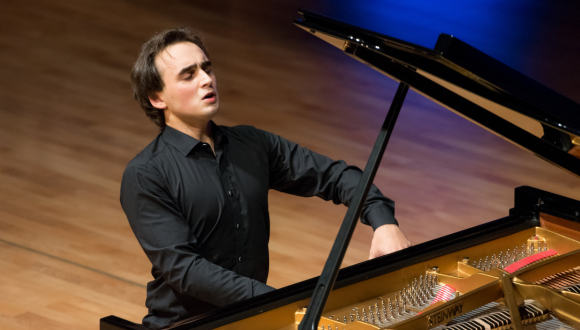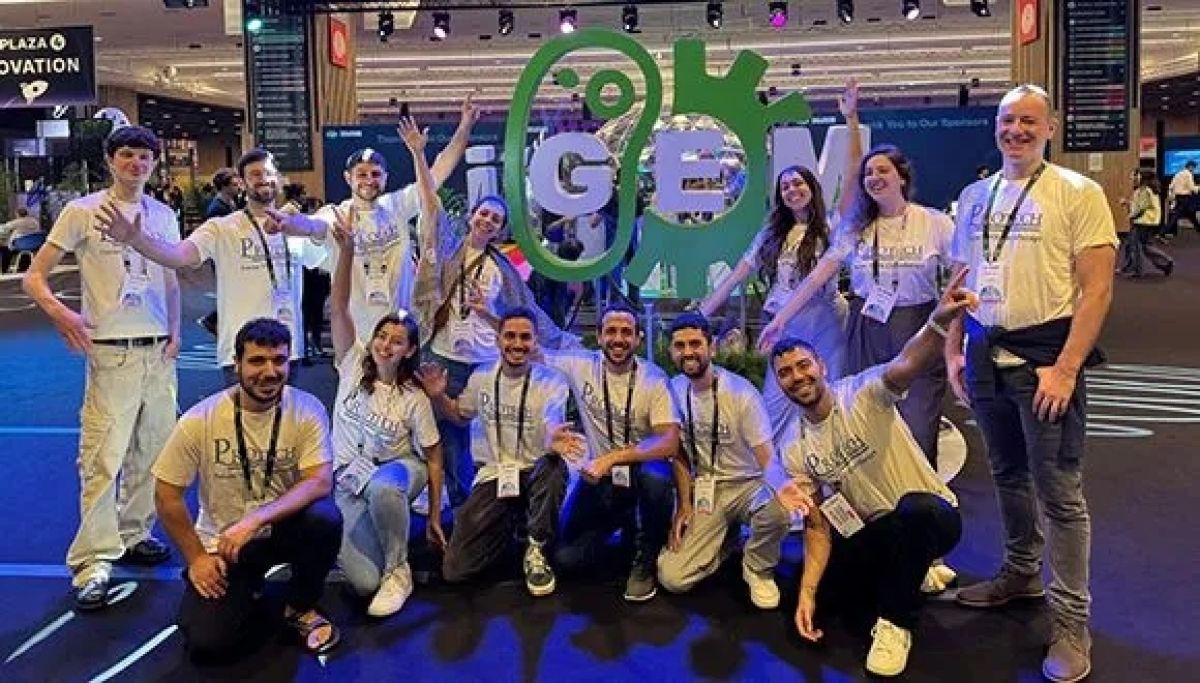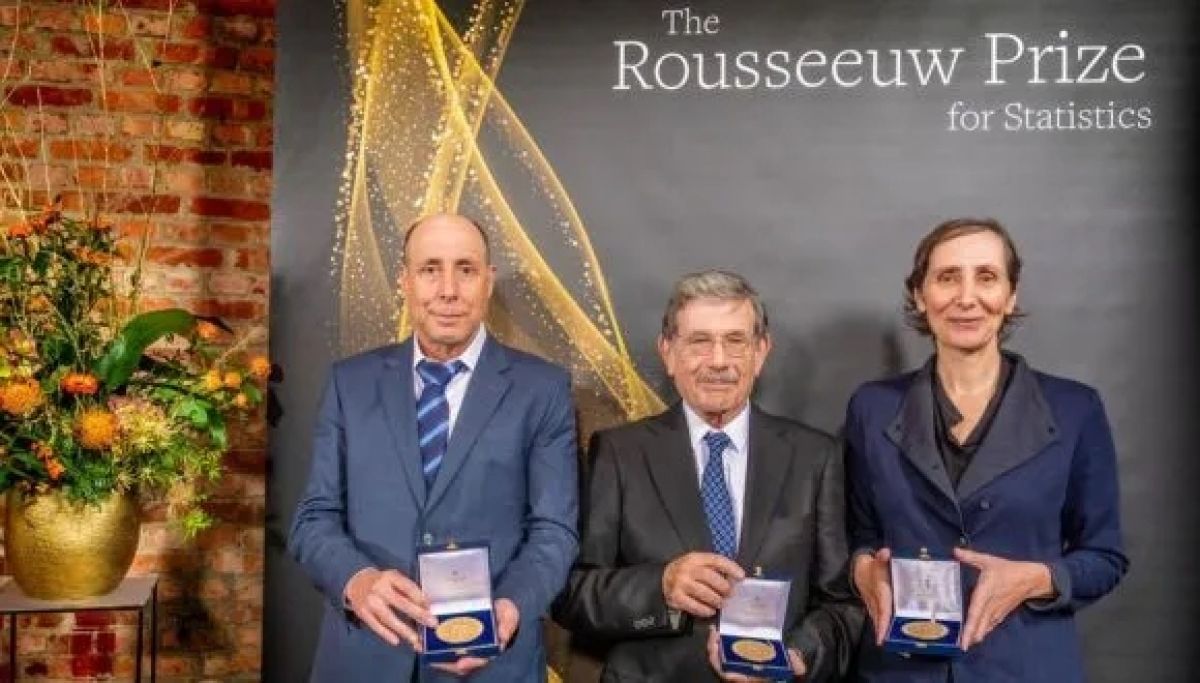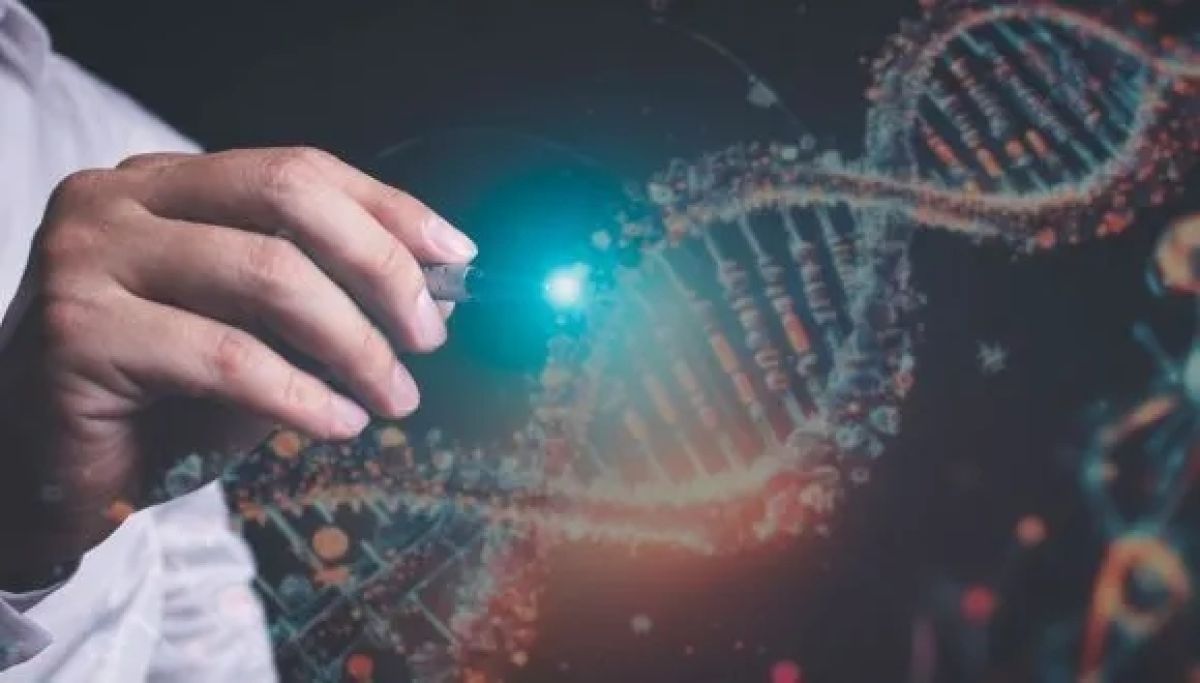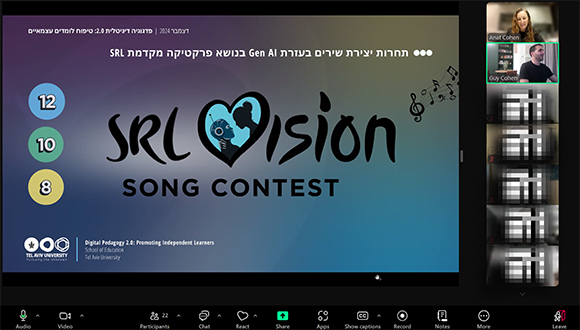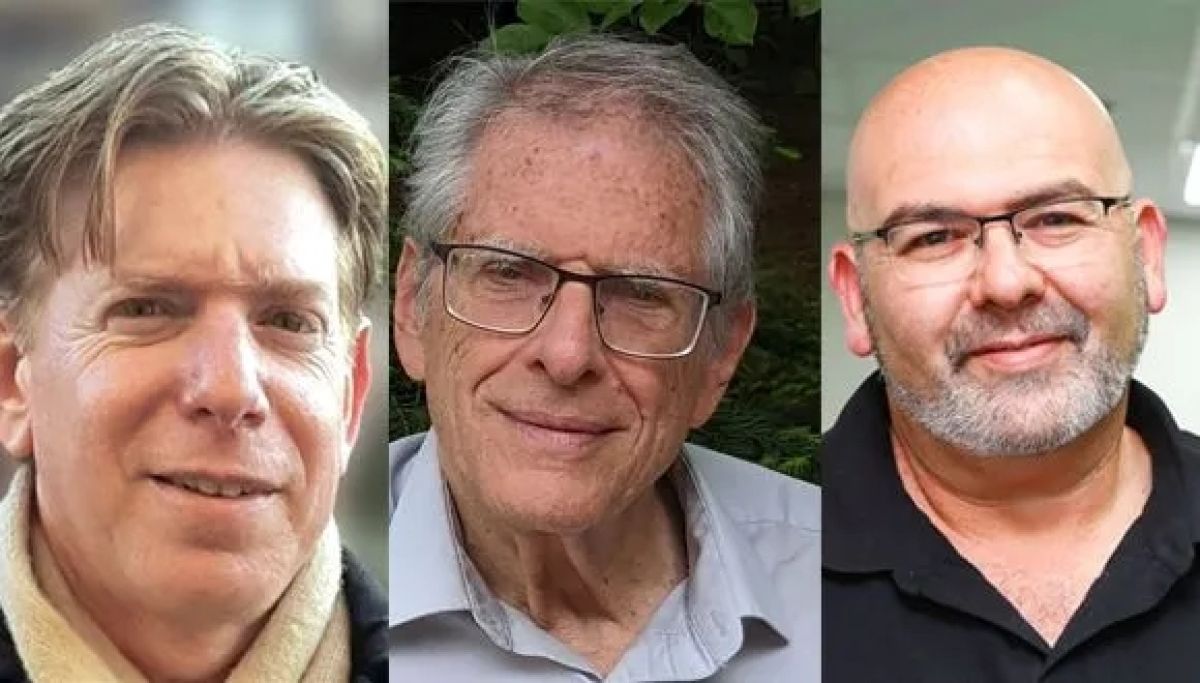On the eve of Holocaust Remembrance Day, the Center for the Study of Contemporary European Jewry and the Irwin Cotler Institute Democracy, Human Rights and Justice, both at Tel Aviv University, publishes the Annual Antisemitism Worldwide Report, which focuses on 2024. The 160-page report was prepared by 11 researchers. The annual study has been published for a quarter of a century and is considered the most cited and authoritative document of its kind.
Link to the full report
According to the report’s chief editor, Prof. Uriya Shavit: “Around the world, levels of antisemitism remain significantly higher compared to the period before October 7”.
He continues: However, contrary to popular belief, the report’s findings indicate that the wave of antisemitism did not steadily intensify due to the war in Gaza and the humanitarian disaster there. The peak was in October-December 2023, and a year later, a sharp decline in the number of incidents was noted almost everywhere. The sad truth is that antisemitism reared its head at the moment when the Jewish state appeared weaker than ever and under existential threat”.
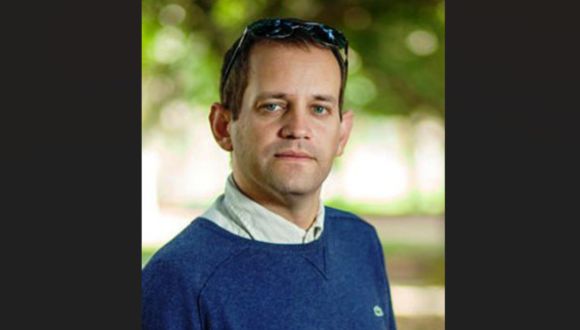
Prof. Uriya Shavit.
Global Antisemitism Remains High, Even with a Small Drop in 2024
The report presents particularly alarming findings regarding Australia, a country previously known for its spirit of tolerance and respect for minorities. The “Executive Council of Australian Jewry” recorded a record 1,713 antisemitic incidents in 2024 compared to 1,200 in 2023. The number of incidents in 2023 was almost threefold the number in 2022. Yet, between October and December 2024, 478 incidents were registered in Australia, and in the same period in 2023, in the immediate aftermath of the October 7 attacks, 827 incidents were registered. An alarming increase in antisemitic incidents was recorded also in Italy, where the “Center of Contemporary Jewish Documentation” registered 877 incidents in 2024 compared to 454 in 2023.
A moderate increase in antisemitic incidents was recorded in the United States. In New York, the largest Jewish city in the world, police recorded 344 complaints of antisemitic incidents in 2024 compared to 325 in 2023 and 264 in 2022. Yet while between October and December 2024, 68 incidents occurred in New York, in the same period in 2023, 159 incidents occurred.
In Chicago, home to the third largest Jewish population in the United States, police recorded 79 incidents compared to 50 in 2023, in Denver, 32 compared to nine, and in Austin, 15 compared to six. However, in several other cities in the United States, the number of incidents decreased.
Canada also saw an increase in incidents, where the “B’nai Brith” organization documented a record 6,219 antisemitic incidents compared to 5,791 in 2023 (and 2,769 in 2022). Still, in Canada, too, the highest levels of antisemitism were recorded in the immediate aftermath of the October 7 attack. Whereas in October 2023 the number of incidents was 601, a year later it declined to 427.
Increases in the total number of incidents in 2024 compared to 2023 were also recorded in Argentina, Switzerland, Brazil and Spain.
In several countries with large Jewish populations, a decrease in antisemitic incidents in 2024 in comparison to 2023 was noted.
In France, 1,570 antisemitic incidents were recorded in 2024 compared to 1,676 in 2023 (In 2022, 436 incidents were recorded). Still, France saw an increase in the number of physical assaults on Jews – from 85 in 2023 to 106 in 2024. Whereas immediately after the October 7 attack, during October 2023, France witnessed 563 incidents, the number of incidents in the same month in 2024 was 157.
In the United Kingdom, 3,528 incidents were recorded in 2024 compared to 4,103 in 2023. In 2022, 1,662 incidents were recorded. Whereas 1,389 were recorded in October 2023, 310 incidents were recorded in October 2024.
In Germany, 5,177 incidents were recorded in 2024 compared to 5,671 in 2023. In 2022, 2,811 incidents were recorded. While during October-December 2023 Germany witnessed 3,163 incidents, during the same period in 2024 there were 671 incidents.

Antisemitic Hate Crimes: Fewer Arrests, Growing Concerns
A study published in the report, conducted by Avi Teich, examined the work of law enforcement authorities in New York, Chicago, Toronto, and London between 2021 and 2023 and found that only a negligible percentage of complaints about antisemitic hate crimes – in some cases less than 10% – led to arrests.
According to Dr. Carl Yonker, Senior Researcher at the Center for the Study of Contemporary European Jewry and Academic Director of the Irwin Cotler Institute: “There are unique difficulties in identifying perpetrators of hate crimes, including the lack of forensic evidence in incidents that do not involve physical assault. Some antisemitic incidents are particularly challenging for law enforcers because offenders use phrases whose real meaning can be understood only by those well-informed in their discourse. Nevertheless, much more can be done if the will exists. Education and legislation without enforcement are meaningless.
Dr. Yonker: “The fight against antisemitism requires dedicated efforts from police forces and prosecutors, not pompous statements and grotesque award ceremonies with Hollywood stars”.
A project included in the report, titled “It Happened One Day”, presents the testimonies of Jews who were harmed by antisemitic incidents in the United States, Canada, the United Kingdom and South Africa. Incidents described include arson, the drawing of swastikas, physical assaults and verbal attacks. “We wanted to show the heavy emotional toll of incidents mistakenly classified as ‘minor’”, said project editor Noah Abrahams. The report urges global law enforcement authorities to recognize that even antisemitic incidents such as throwing eggs at passersby severely undermine the sense of security of those attacked and their communities, violating their fundamental right to equality and dignity.
Sinwar’s Novel and the Rise of Modern Antisemitic Narratives
A first-of-its-kind study in the report analyzes the prominent antisemitic elements in a fiction novel, “The Thorn and the Carnation”, written by Yahya Sinwar, the mastermind of the October 7 attack, while in Israeli prison. Sinwar’s book is offered for sale in different countries, including Western, as a peek into the mind of a “freedom fighter”. The novel expresses deep-seated hatred of Jews based on religious grounds, and a totalistic rejection of any prospect of reaching a peace agreement with them.
Other studies published in the report include the rise of an antisemitic Lithuanian politician to a “kingmaker” position in his country, antisemitic propaganda in Pakistan and its export to anti-Hindu Pakistani rhetoric, the way American student newspapers covered the war in Gaza, attitudes toward antisemitism within Germany’s populist left and Holocaust education in Dutch schools. The report also features an extensive critical roundtable discussion with experts on the harm and benefit of Holocaust films, focusing on Life is Beautiful, Schindler’s List and The Brutalist.
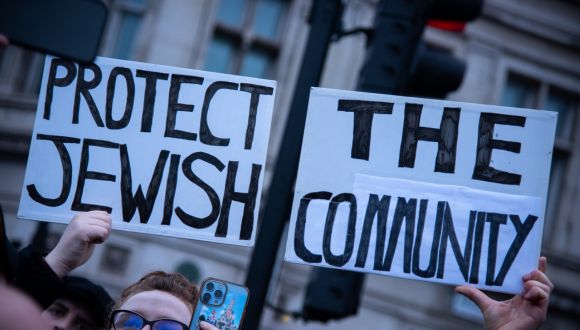
Several global leaders in the fight against antisemitism contributed opinion articles to the report, detailing their work and the necessary measures for progress. Irwin Cotler, who previously served as Canada’s Minister of Justice and Attorney General and is considered one of the leaders in the fight against antisemitism worldwide, warned of “the intensification of the ‘axis of authoritarianism’, consisting of Russia, China, and particularly Iran”. He noted that “These powers are working collaboratively, strategically, and in concert, incorporating the weaponization of antisemitism as part of their broader strategy of disinformation and misinformation. They contribute to the ‘antisemitic ecosystem,’ now anchored within the axis of authoritarianism. At the same time, we see an upending of the transnational Atlantic alliance. The United States, once the linchpin of the global rules-based order, is now destabilizing that order”.
The report also addresses the controversy that arose in March 2025 when senior European Jewish leaders boycotted a conference organized by the Diaspora Affairs Ministry after far-right party leaders were invited.
According to Prof. Shavit: “The Diaspora Affairs Ministry is gratuitous. The minister leading it lacks experience or historical depth, and Jewish leaders are wise to keep their distance from him. However, it is important to establish universal and clear standards for Israel’s and Jewish organizations’ relations with parties and leaders with an antisemitic past. The goal should be to give them a chance to change. We propose two criteria for legitimization: Party leaders must remove any member, no matter how junior, who has expressed antisemitic or racist views and has not retracted them, and they must unequivocally reject antisemitic or racist narratives. Additionally, they must prove their commitment to fighting antisemitism and racism over at least two election cycles”.
See full Report here
